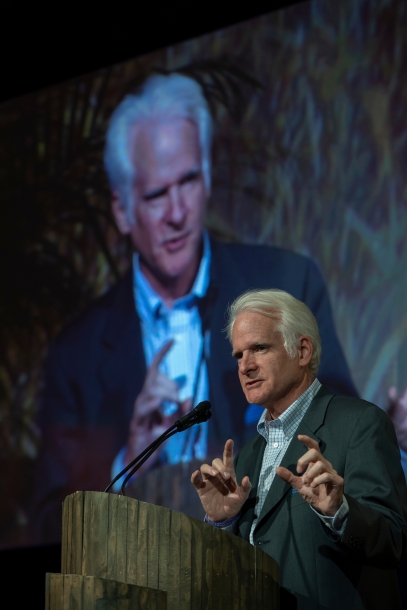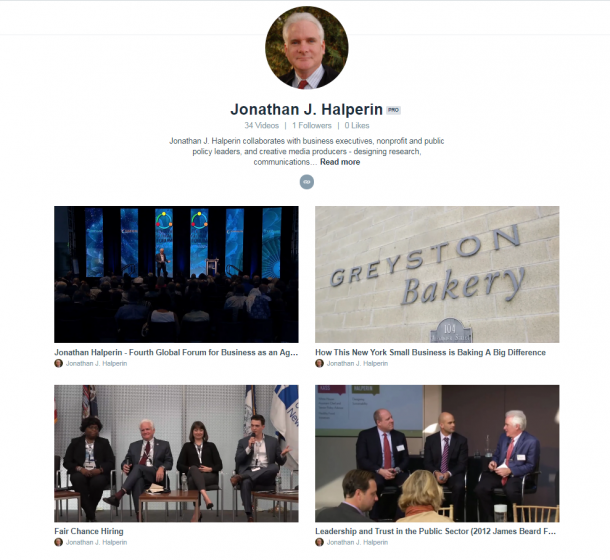You are here
Local, Sustainable and Organic
It became clear in talking with farmers, ranchers, businesspeople, chefs and public advocates during the Sustainable Food Laboratory Summit that there is a ‘goodness’ premium associated with these three linked terms. It was equally clear that few people have a clear sense of what these terms mean, beyond an evocation of being different and somehow better than conventional produce.
While there are standards that must be met before labeling food as “organic” in the United States, the range of practices that exist between conventional and organic farming is enormous and growing. No-till farming, for example, preserves soil nutrients but is widely practiced with the use of pesticides and fertilizer. Organic produce, on the other hand, can be flash-frozen and shipped around the world at enormous environmental cost. So called, “food miles” may not be the right measure of what to consume or avoid, but it surely evokes visceral concerns about what is really ‘better’ in a holistic sense.
And this search for the truly better product – something that in the United States evokes that “Mom and apple pie” feeling – has spawned an alternate universe of certification schemes. From the Rainforest Alliance, Forest Stewardship Council and UTZ Certified Good Inside; to the Roundtable on Sustainable Palm Oil certification and hundreds of other certification mechanisms the race is well underway to meet a wary public’s desire for greater assurance that products are not only safe to consume, but also produced with minimal impact.
Some of this growth in certification is driven by distance. Few people today can practice what has for most of human existence been the most common method of certification. Ben Stenn, however, an impassioned and talented chef at Celilo, in Hood River, Oregon, uses the tried and true method of assessing the quality of his ingredients; he visits the farmers who grow it. (Video courtesy of WinePressNW.) |
Since most of us cannot personally assess how farmers grow what we eat, intermediaries do it on our behalf and then crystallize what they have learned by affixing labels to what we then purchase. Witness Organic Valley’s marketing built around the core question: “Who’s Your Farmer?”
I suspect that at root (sorry!), whether searching for local, sustainable, or organic, what people are seeking is trust. As distant as we have become from the sources of our sustenance, we all still crave reassurance that we can trust the people who are selling us what we eat.
- jonathan.halperin's blog
- Log in or register to post comments

